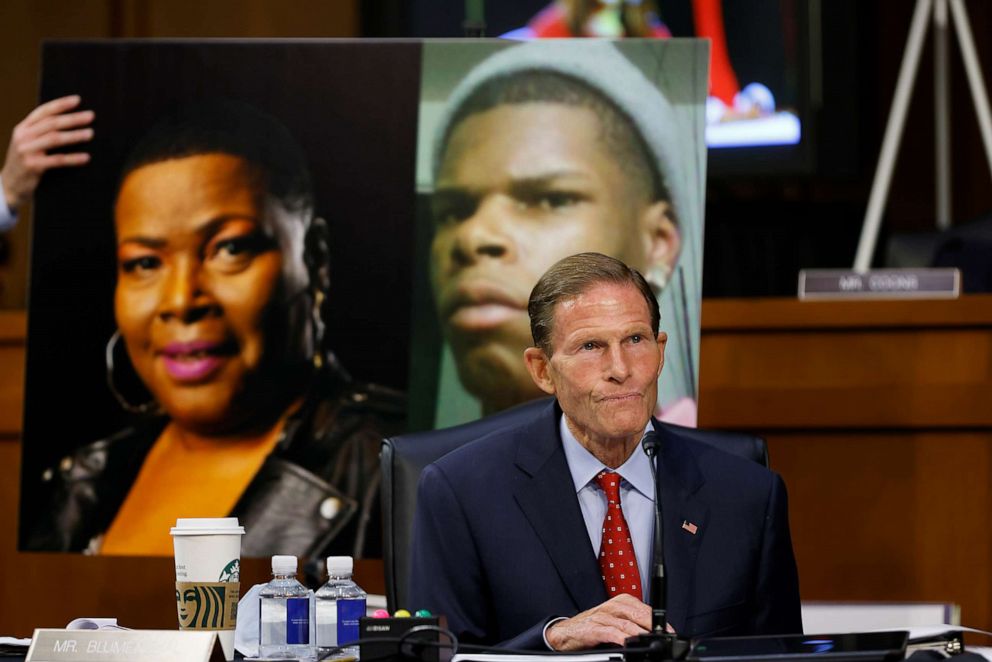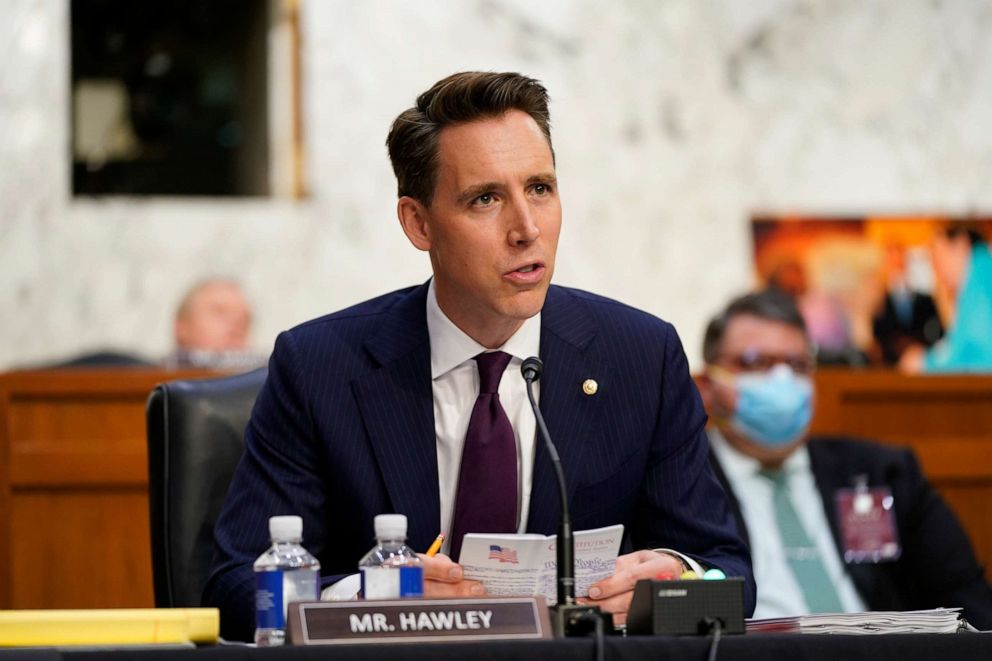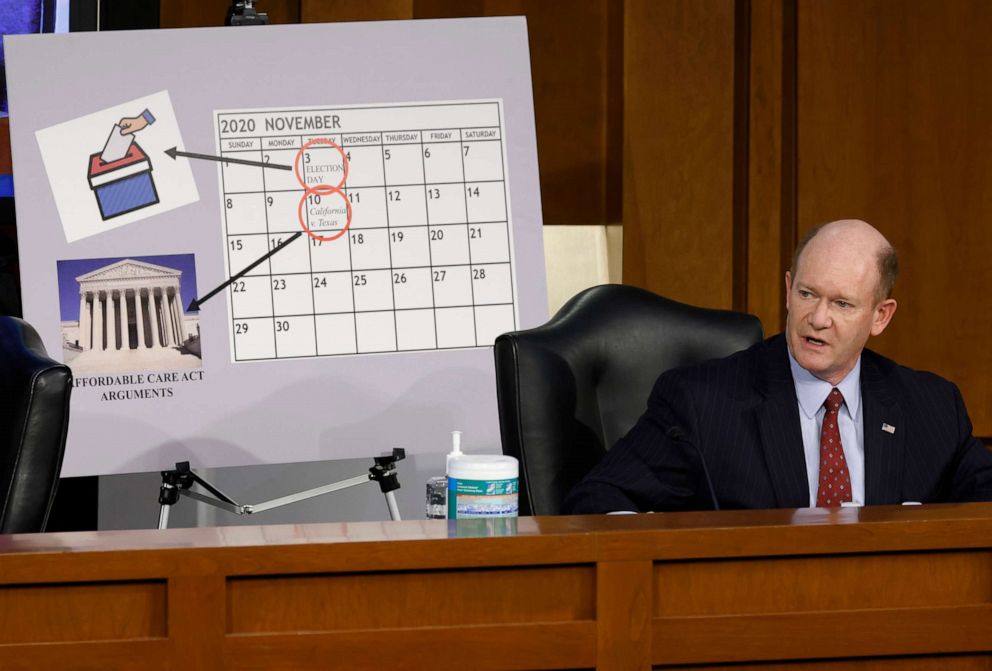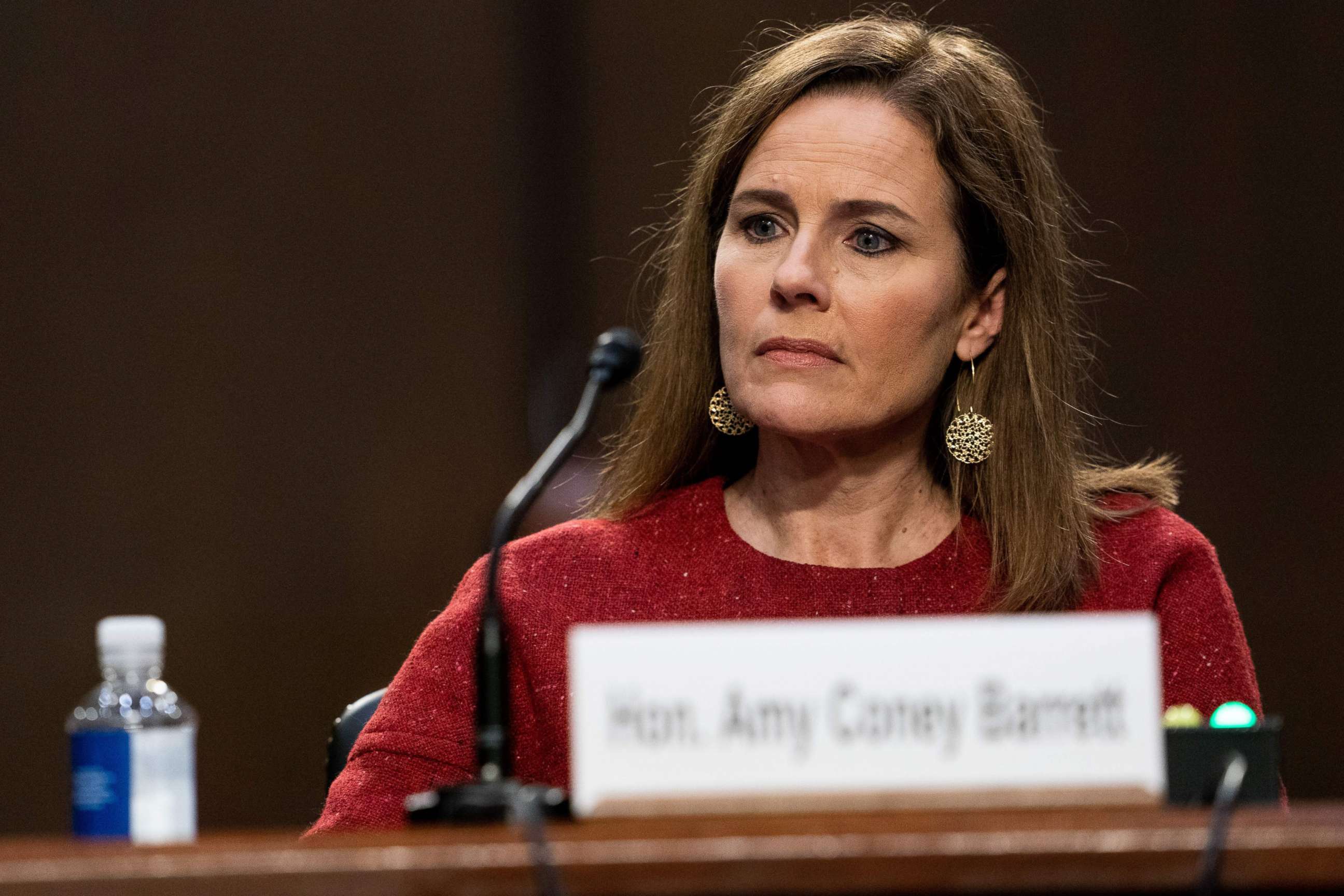Hirono presses Barrett on whether she would consider 'real-life' consequences of overturning ACA
Sen. Mazie Hirono, D-Hawaii, calling Republicans "hypocritical," said, "This hearing shows the American public exactly what my Republican colleagues' priorities are, ramming through another ideologically-driven justice to the Supreme Court instead of helping the people in our country suffering during this pandemic."
Hirono then asked if Barrett will consider the “real-world impact” of striking down the Affordable Care Act, noting that she and other Democrats have told stories of their constituents who rely on the law.
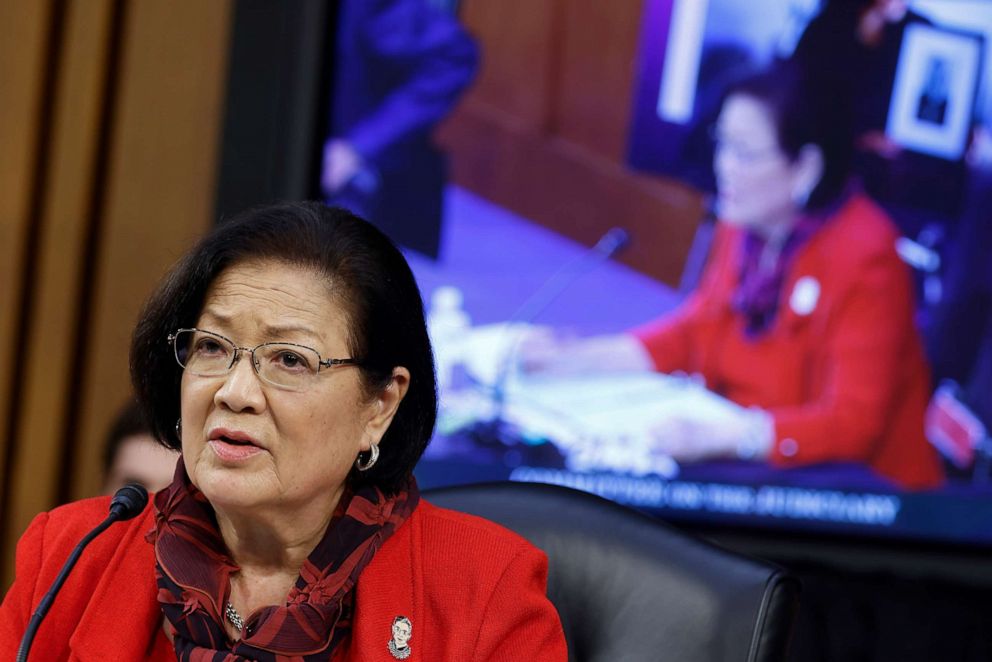
"Senator, to be clear, I have the utmost empathy, the stories, you know, that you have told, including the story of Veronica's family are very moving. If I were a justice, the commitment that I would make to you and all people affected by the laws is that I would follow the law as you enacted it," Barrett said. "I would do equal justice under the law for all and not try to thwart or disrupt in any way the policy choices that you and your colleagues have adopted."
Not satisfied with her answer, Hirono pressed Barrett, who reiterated her belief that Congress sets the policy and its up to the court to interpret whether those policies are constitutional, effectively refusing to reveal how she might decide on the highly-consequential case before the court on Nov. 10.

"No case comes before a court unless it involves real live people who've had a real-live dispute, and it is the job of a judge deciding every case to take into account the real-world consequences of the parties before it," Barrett said.
"So are you aligning yourself with Justice Ginsburg in terms of what you would consider real-life impacts and the effect it would have on your decision regarding the law?" Hirono asked.
"I don't know what context -- the particular context in which Justice Ginsburg was describing that. I think what I'm trying to align myself with is the law. And I will take into account all factors, including real-world impacts, when the law makes them relevant. As it clearly does, for example, in the doctrine of stare decisis," Barrett said.
Hirono also argued Barrett’s use of the term "sexual preference" instead of "sexual orientation" -- coupled with her view that constitutionality should overtake precedent -- worry a large part of the LGBT community. Hirono called the term "outdated" and one used to claim homosexuality is a "choice."
"I don't think that you use the term sexual preference as just -- I don't think it was an accident," Hirono said. The next senator to speak, Republican Joni Ernst of Iowa, gave Barrett the opportunity to respond, and Barrett clarified she did not mean to cause offense with her prior use of term. "I certainly didn't mean, and, you know, would never mean to use a term that would cause any offense in the LGBTQ community. If I did, I greatly apologize for that. I simply meant to be referring to Obergerfeld's holding with respect to same-sex marriage," she said.
